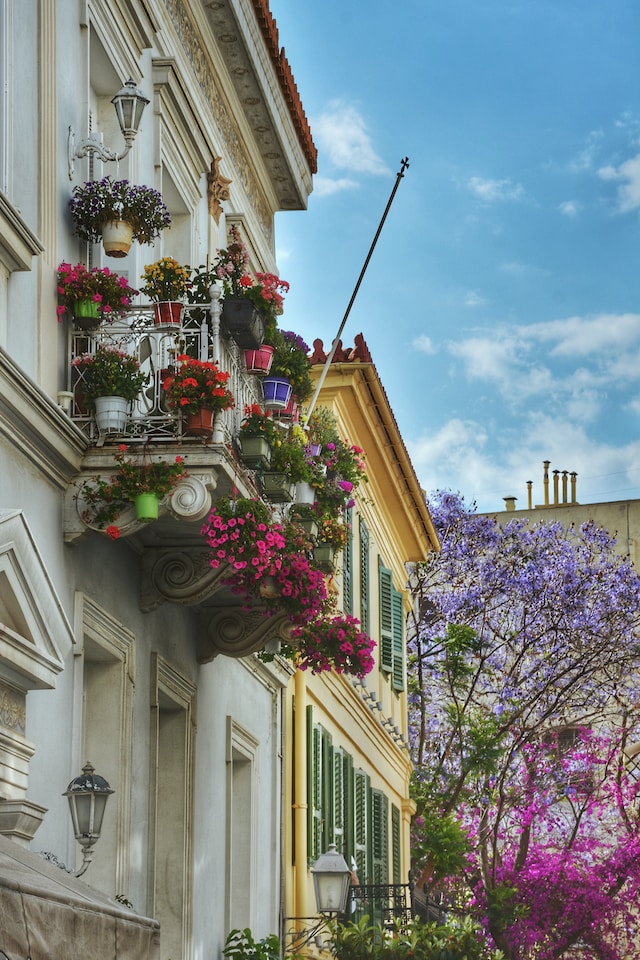Subtitle 1: Understanding the Importance of Pollinators
Pollinators play a crucial role in our ecosystem by facilitating the transfer of pollen from the male to the female parts of flowers, enabling them to reproduce. Bees, butterflies, birds, and other insects are some of the most common pollinators. Without them, many plants would struggle to produce fruits and seeds, leading to a decline in biodiversity and food availability. To help support these essential creatures, it’s important to create a pollinator-friendly garden. Here are some tips to attract pollinators to your garden.
Subtitle 2: Plant a Variety of Flowers
One of the best ways to attract pollinators is by planting a diverse range of flowers. Different pollinators are attracted to different types of flowers, so having a variety ensures that you cater to a wide range of species. Choose flowers with different shapes, colors, and bloom times to provide a continuous source of nectar and pollen throughout the year. Native plants are particularly beneficial as they have evolved alongside local pollinators and are well-suited to their needs.
Subtitle 3: Provide a Water Source
Pollinators need water not only for drinking but also for maintaining their body temperature and grooming. Create a shallow water source in your garden, such as a birdbath or a shallow dish filled with water and pebbles. Make sure to keep the water clean and change it regularly to prevent the breeding of mosquitoes.
Subtitle 4: Avoid Pesticides
Pesticides, including insecticides and herbicides, can be harmful to pollinators. These chemicals can contaminate nectar and pollen, making them toxic to bees and other insects. Instead of relying on pesticides, consider using natural pest control methods such as companion planting, attracting beneficial insects, and practicing good garden hygiene. If you must use pesticides, opt for organic and bee-friendly alternatives.
Subtitle 5: Create Shelter and Nesting Sites
Pollinators need shelter and nesting sites to rest, hide from predators, and raise their young. Provide a variety of habitats in your garden, such as dense shrubs, trees, and tall grasses, to create suitable nesting areas. You can also install bee houses or insect hotels to attract solitary bees and other beneficial insects. These structures provide safe spaces for pollinators to lay their eggs and raise their offspring.
Subtitle 6: Consider Butterfly and Bee-Friendly Plants
Butterflies and bees are among the most well-known and important pollinators. To attract them to your garden, include specific plants that they are particularly fond of. For butterflies, consider planting milkweed, asters, and butterfly bush. Bees are attracted to flowers such as lavender, sunflowers, and coneflowers. Research the specific preferences of different pollinators in your region to create an inviting environment for them.
Subtitle 7: Provide Food Sources Beyond Flowers
While flowers are the primary food source for pollinators, it’s also beneficial to provide additional food sources. For example, you can set up a hummingbird feeder with a sugar-water solution for hummingbirds. Additionally, leaving fallen fruits or creating a compost pile can attract fruit-loving insects and birds. These supplementary food sources can help sustain pollinators during periods when flowers are scarce.
Subtitle 8: Maintain a Chemical-Free Zone
To create a truly pollinator-friendly garden, consider designating a chemical-free zone. This area should be free from any synthetic fertilizers, pesticides, and herbicides. By doing so, you provide a safe haven for pollinators to forage and thrive without the risk of exposure to harmful chemicals.
Subtitle 9: Educate and Spread Awareness
Lastly, take the opportunity to educate others about the importance of pollinators and the steps they can take to support them. Share your knowledge with friends, family, and neighbors, and encourage them to create their own pollinator-friendly gardens. By spreading awareness, we can collectively make a positive impact on pollinator populations and the health of our environment.
In conclusion, attracting pollinators to your garden is not only beneficial for the environment but also a rewarding experience. By following these tips and creating a welcoming habitat, you can help support the essential work of pollinators and enjoy the beauty they bring to your garden.




